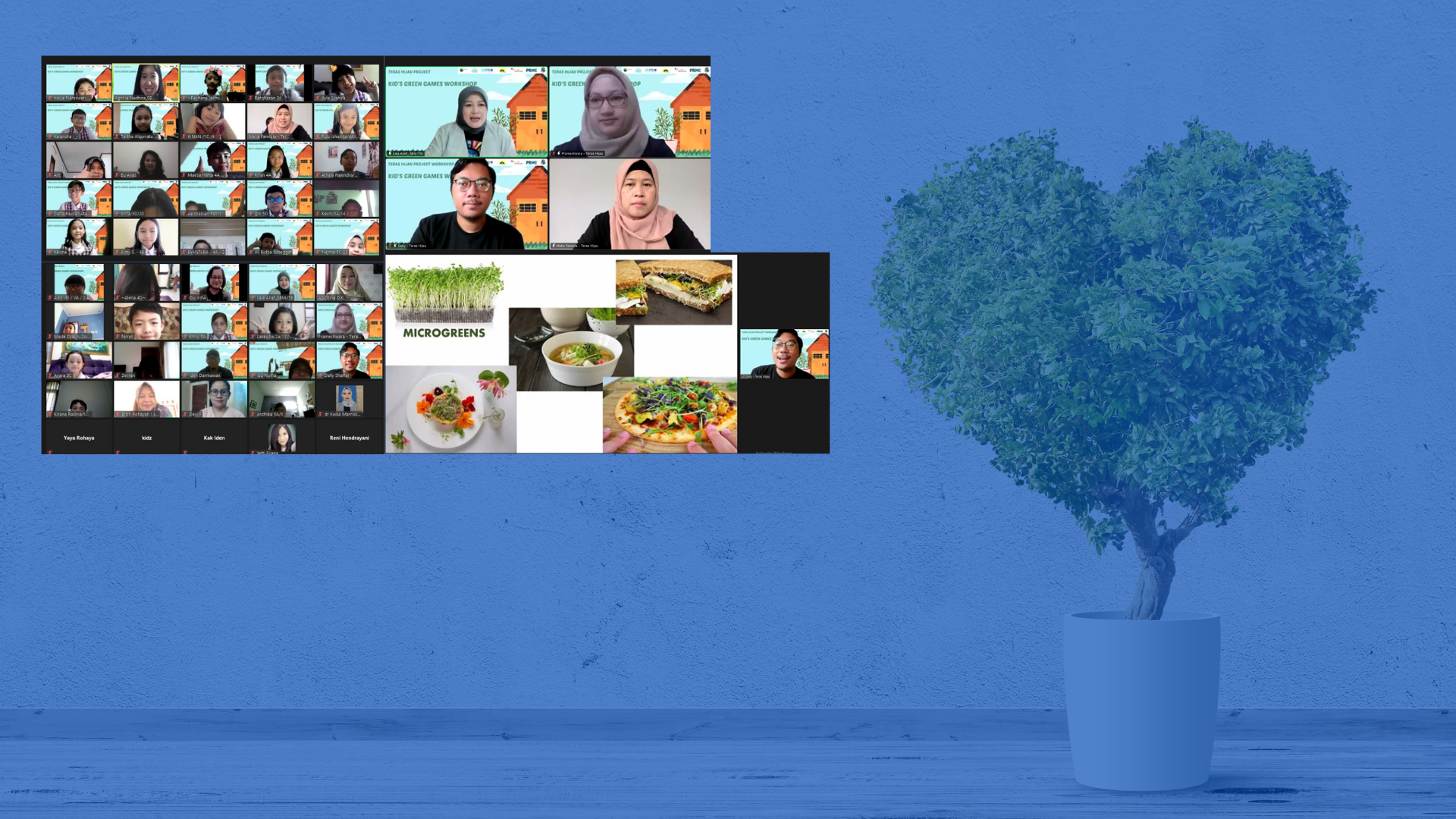Urban farming is important to create sustainable life, mainly in urban areas. It is implemented by utilizing vacant land for cultivation.
A Lecturer of SBM ITB and the Founder of the Teras Hijau Project, Melia Famiola said, people can start sustainability by planting vegetables, herbs, and edible flowers in their environment. It can improve the economy and wellbeing of the society.
“Urban areas are places of inequality because people there can not afford to produce their own food. As a result, if they do not have money they can not have meals on the table. It is different for those who live in villages,” Melia said on Teras Hijau Project Webinar, Saturday, (13/2/2021).
Melia showed that in Bandung city itself 97% of food comes from outside of Bandung. Through the Teras Hijau Project, Melia and teams try to solve this problem by collaborating with the local community to plant vegetables, herbs, and edible flowers that can be consumed by the people around. They also can be processed into different kinds of products. By doing so, she has hopes that it would enhance the food security there.
This program has already been implemented in Sukaraja. It has two gardens in which every Wednesday people can buy the harvest at a fair price. Melia said that this program gave lots of impact on society. Such as food security and green lifestyle, new economic potentials, and community engagement and solidarity.
Melia then mentioned that the Teras Hijau project has three main values. First of all, redefining the way people fulfill their basic needs by introducing the basic permaculture approach of companion planting as the urban farming solution. Secondly, by redeveloping civil societies with collective and collaborative actions, the Teras Hijau Project intends to facilitate massive economic movement from small households. It creates the engagement of housewives and young individuals.
Lastly, the value to utilize smart technology. Appropriate technology can make the activities more effective and increase productivity. “From the 3 main values, we developed it into 3 pillars of activities, namely education, empowerment, and entrepreneurship,” she revealed.
One of the members of the Teras Hijau Project, Ida joins the Project because she is interested in planting. She said, in her area, there is no such program.
Furthermore, Hasanah, a household wife, felt that through the Teras Hijau Project, she got the knowledge about planting and can consume the harvest.




